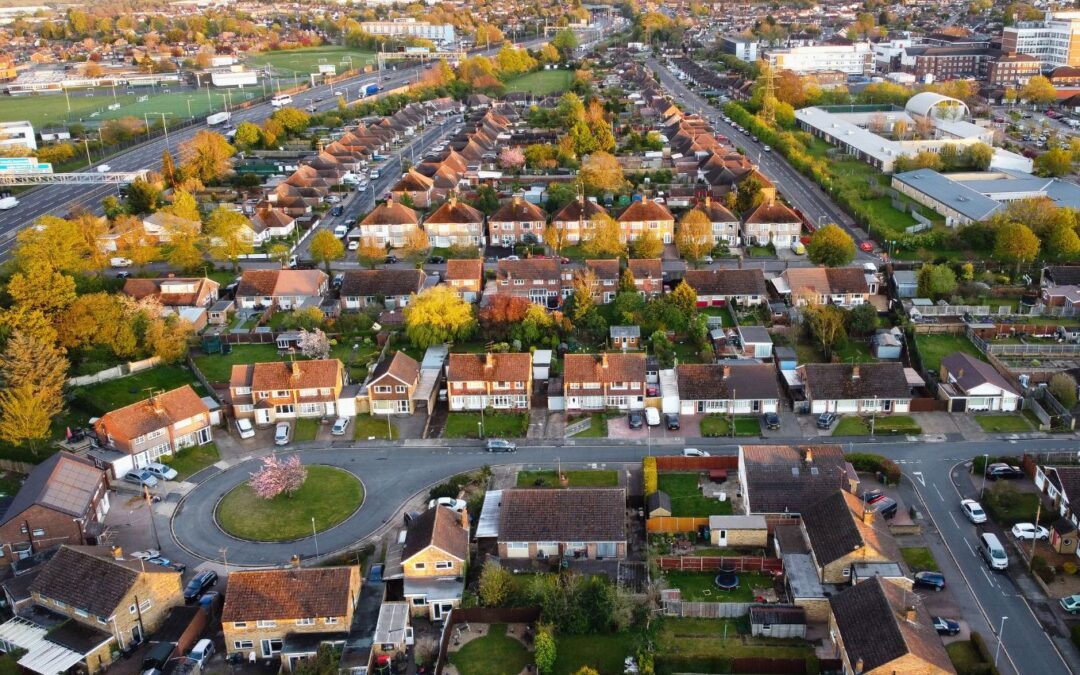In 2021, St. Paul residents voted to adopt what was yet the strictest rent control policy in the nation. The ordinance capped annual rent increases at 3 percent, had no exemptions for new housing, and did not allow landlords to revert to market rates after tenants moved out.
While campaigning for the ordinance, Mayor Carter noted that it was too strict, and promised to make amendments after it passed. And that is what he has done.
Since it went into effect in 2022, St. Paul’s rent control has gone through several amendments, weakening it.
First, the City Council voted to exempt new construction on a 20-year rolling basis. The council also created an exemption to the 3 percent cap, which landlords could apply for. These changes, however, have done nothing to reverse slowing housing construction, prompting the city council to amend the ordinance further.
On Wednesday, the St. Paul City Council voted to permanently exempt any housing built after 2004 from rent control. As reported by KARE11 news
Supporters of the amendment, including Mayor Melvin Carter, say the change is essential for addressing the city’s housing shortage and incentivizing developers to build in the city.
“This amendment is a response to what we have heard is a barrier to building that will allow builders to continue their work,” Council Member Saura Jost said. “With this amendment, we are leveling the playing field in surrounding cities to entice development.”
St. Paul should follow the evidence and abolish rent control
A little late, but it is encouraging that leaders in St. Paul are recognizing the disaster that is rent control. Unfortunately, however, the permanent exemption of new housing does not address every negative consequence associated with rent control. As I explained,
In addition to discouraging housing construction, rent control disincentivizes maintenance, lowering the quality of housing units. Rent control also often leads to the misallocation of housing by incentivizing tenants in rent-controlled units to overstay. Not to mention, rent control lowers property values — reducing property taxes — while mainly benefiting high-income renters.
The St. Paul City Council needs to abolish rent control, focusing instead on reforms that will make it easier to build homes in the city. As Econ 101 teaches us, without enough supply to meet demand, prices will always rise.
Making affordable housing a reality in St. Paul will require nothing short of building more homes.

